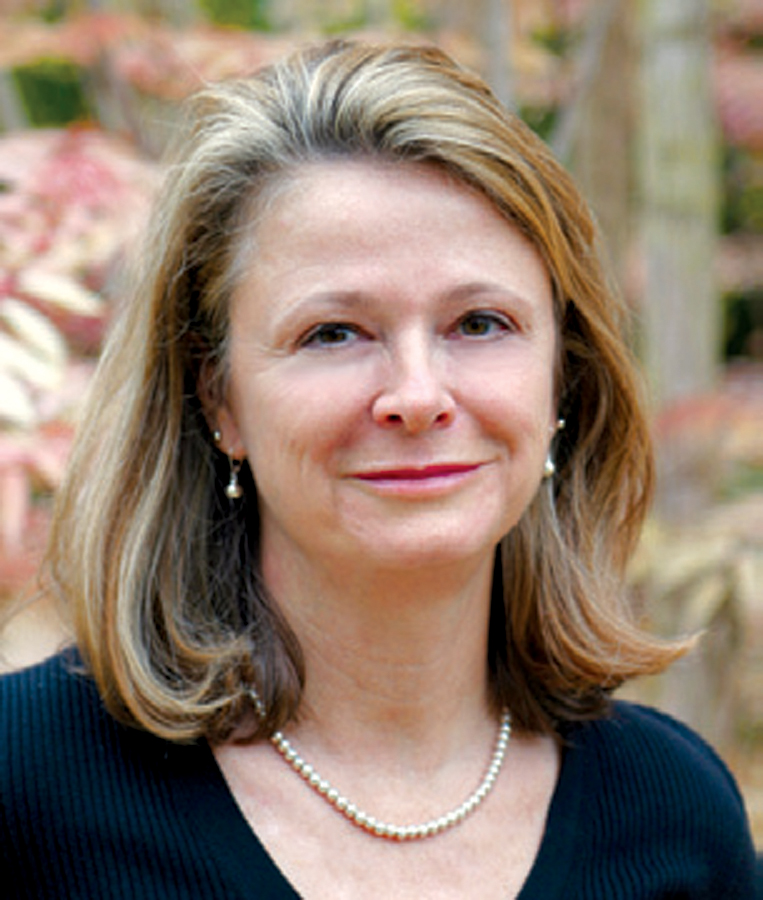Our president, Jennifer Goddard Combs often asks our clients:
“What awards or honors have you received recently?”
People sometimes seem skeptical about announcing their awards to the world. It can seem too self-promoting, and we get that.
However, it's our job to tell you that it's okay to self-promote. It's good to share your awards and honors.
Just make sure you share them with the right tone.
Keeping these tips in mind should help:
- Name the award right out front. No pomp or frills, but also not hidden away. (See paragraph 1 in the sample press release below.)
- Include a quote that focuses on the passion behind the award. For example, notice Terre's quote below in paragraph 2. Terre has just won an award for closing 16 mortgage loans through the Coastal Housing Partnership. In her quote, she does not focus on her award, but rather focuses on her desire to help clients have a "successful" and "easy" mortgage experience. With her passion for good customer service, it now makes sense why Terre was able to close 16 mortgage loans. In addition, Coastal Housing Partnership helps Terre make that goal a reality by allowing her to offer "wonderful benefits and saving." Terre's quote has now changed the tone of the press release from self-promoting to showing her heart to help ease the cost and stress of buying a home. It now seems good and natural that Terre receive this award.
- Spend some time talking about the organization or group who gave the award. This prevents the press release from becoming too narrowly focused on the award winner. It spreads the PR love around a little. (See paragraph 3, for example.)
These tips should help you turn the tone of the press release while still allowing you to get some good PR mileage out of your most recent award or honor.
So think back. What awards and honors have you received recently?
Publicity on Noozhawk.
Community West Bank’s Terre Lapman earns Coastal Housing Partnership award for third consecutive period
Terre Lapman
Mortgage lender Terre Lapman is a 2013/2014 Coastal Housing Partnership Award Winner.
“My priority is always a successful and easy mortgage experience for my clients,” Ms. Lapman said. “That is why I’m honored to be a Coastal Housing Partnership lender — because it enables me to offer my clients wonderful benefits and savings.”
Coastal Housing Partnership helps lower the threshold for Santa Barbara and Ventura county residents to enter and remain in the housing market by giving significant savings and benefits when buying a home, refinancing or renting.
Ms. Lapman has achieved the nonprofit’s highest award level. Coastal Housing Partnership denotes each level with a house symbol. Four house symbols is the highest award level. Since each house symbol represents four closed deals, Award Winners must have closed a minimum of 16 Coastal Housing Partnership loans in an 18-month period to be at this top level. Ms. Lapman has achieved this highest level of service for three consecutive periods.
“Working in partnership with an outstanding group of network service partners — including lenders, real estate agents, home inspection firms and residential developers — we have helped more than 10,000 local employees become homeowners in the past 27 years,” said Corby Gage, Coastal Housing Partnership’s executive director. “We are pleased to once again honor Terre Lapman as one of our top award winners.”
During her many years of experience processing loans, Ms. Lapman has learned how to interact with real estate agents, Homeowner’s Associations and appraisers, staying hands-on through the entire process. She is a founding member of The Santa Barbara Leading Lenders, a small group of loan offers throughout the Santa Barbara area who are committed to continuing education and putting customer needs first.
Community West Bank was founded as Goleta National Bank in 1989. In 2004, the name changed to Community West Bank to better reflect the bank’s expanding footprint while emphasizing its three core services: relationship banking, mortgage lending and small business administration (SBA) lending. It has since grown and now has $550 million in assets and 130 employees at five branches — Goleta (the original), Santa Barbara, Santa Maria, Ventura and Westlake Village.
###
Community West Bank is a full-service bank focused on relationship banking, mortgage lending and small business administration lending in California. The bank opened for business in 1989, and has since grown to five branches, and additional mortgage loan and SBA loan offices. Branches are located in Santa Maria, Goleta, Santa Barbara, Ventura and Westlake Village. Member FDIC, Equal Housing Lender. For more information, call 805-692-4379 or visit www.communitywestbank.com.





